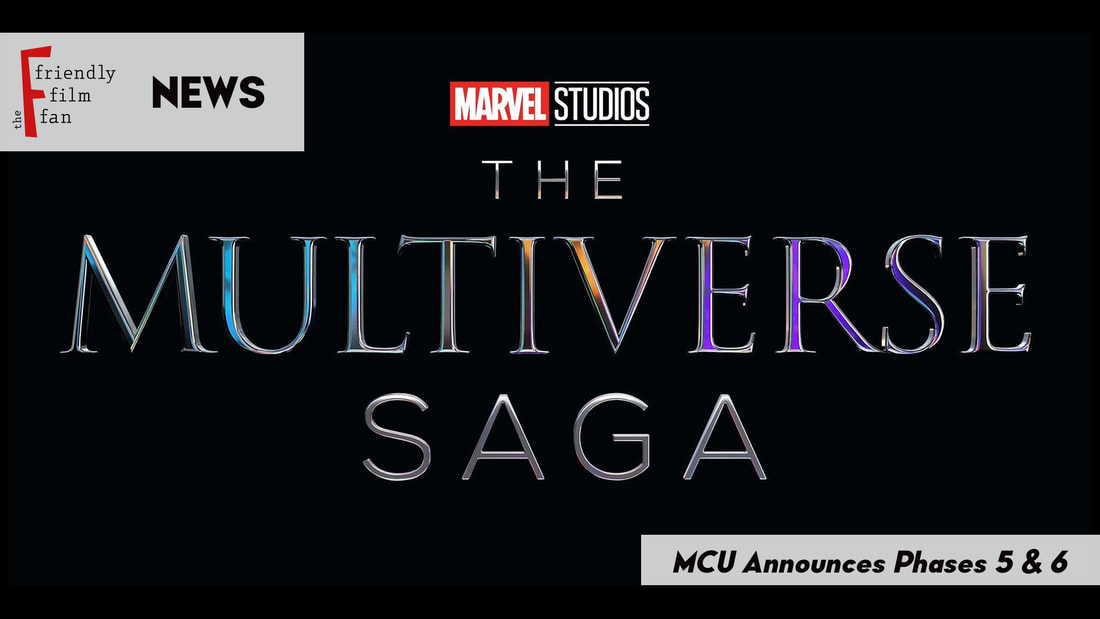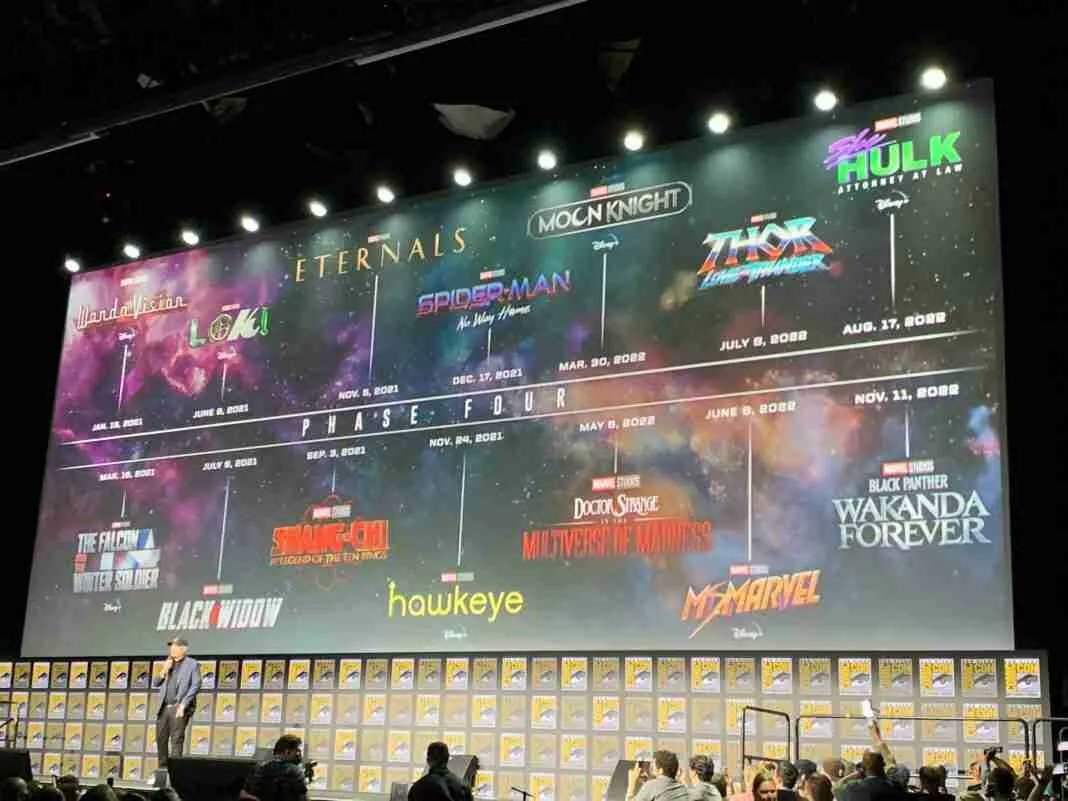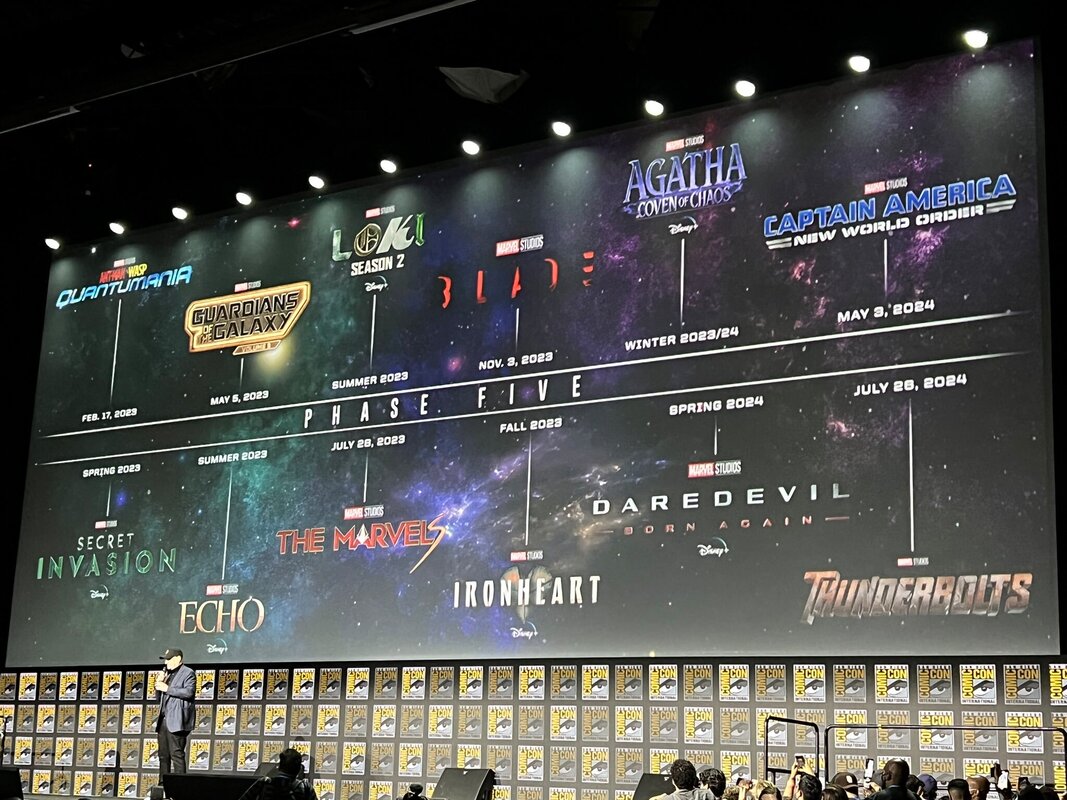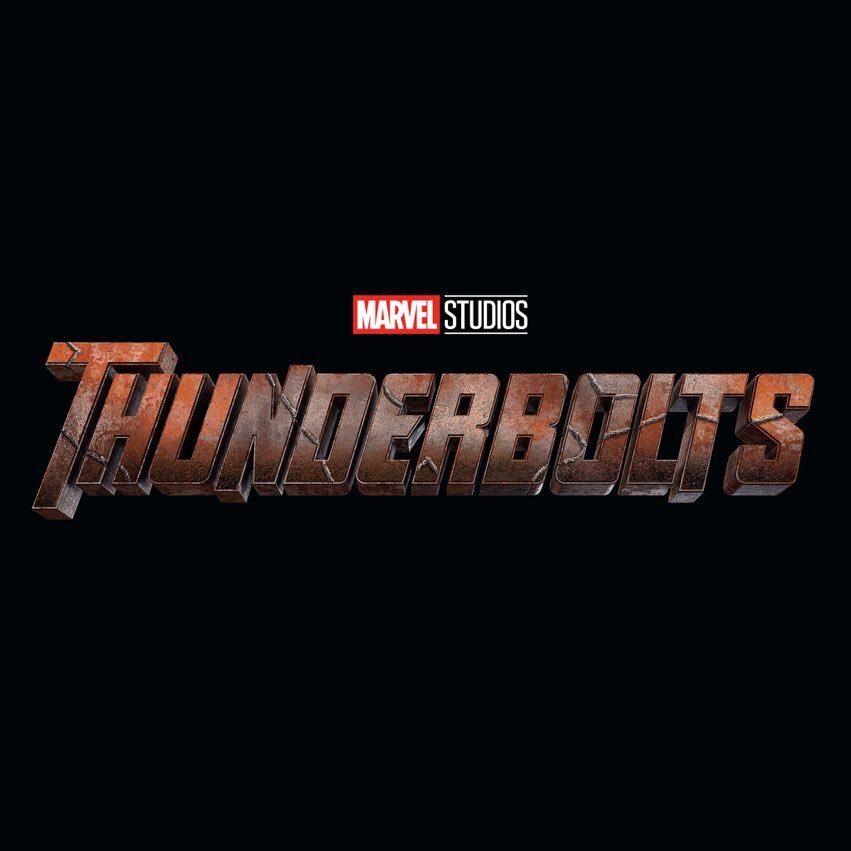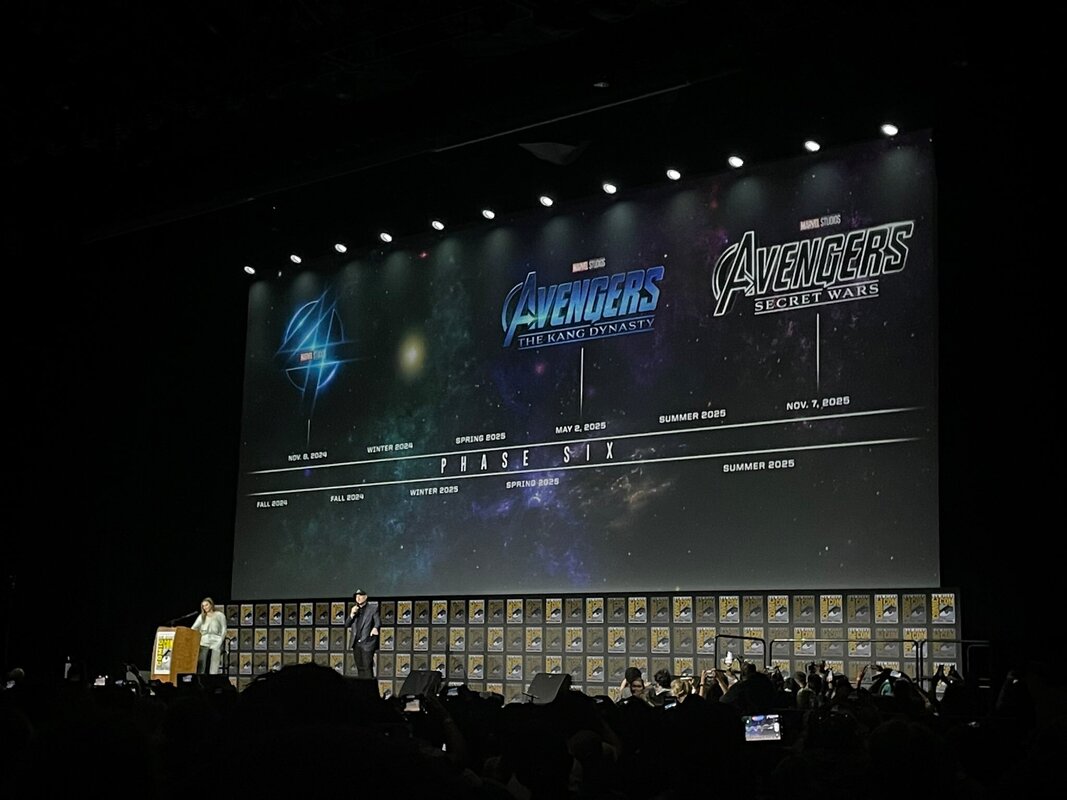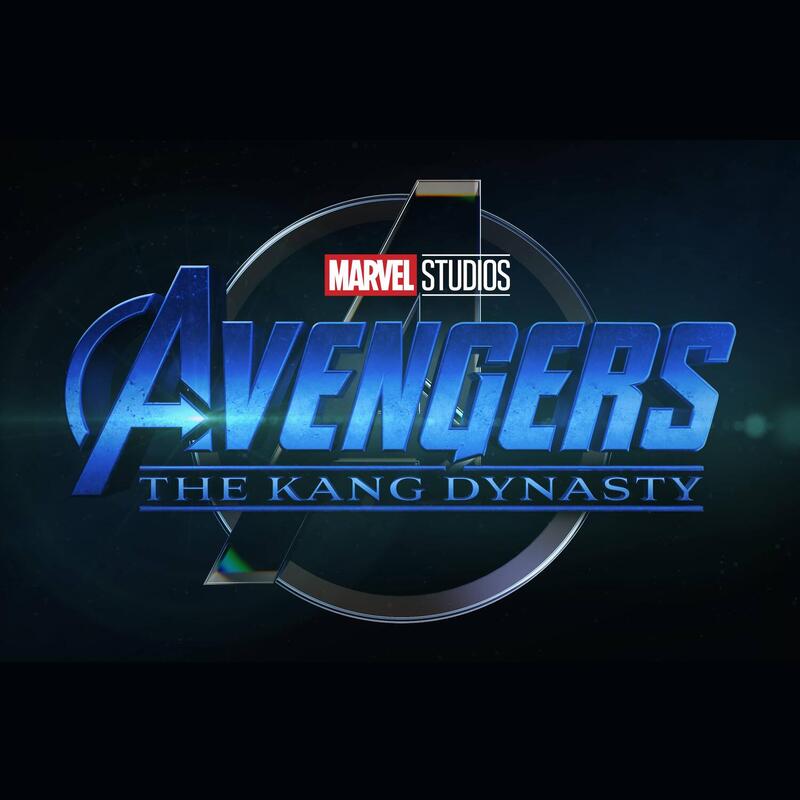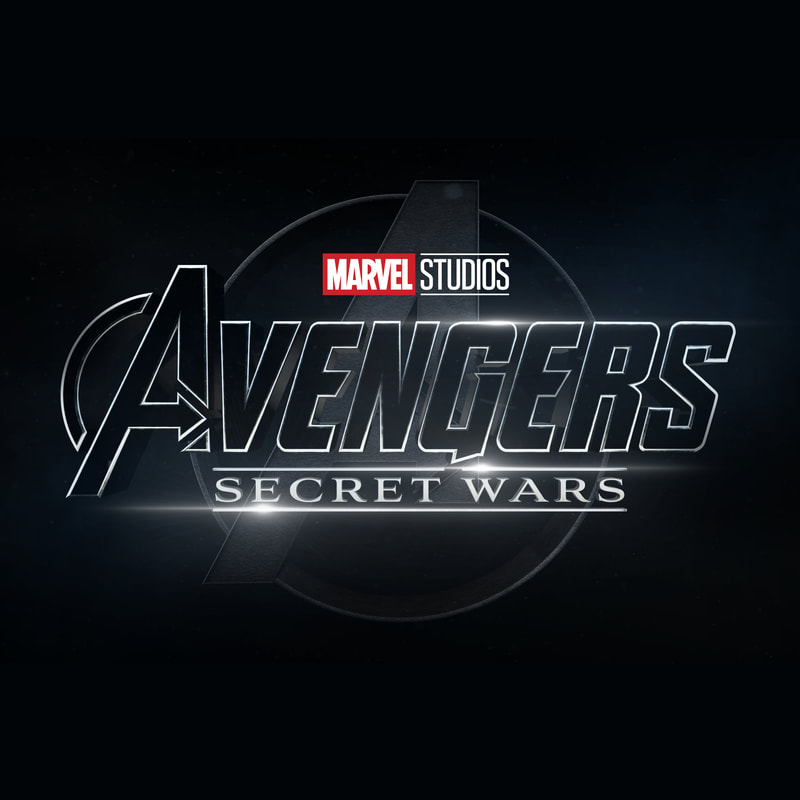|
The Friendly Film Fan Breaks Down the Epic Marvel Studios SDCC Panel. This past weekend at San Diego Comic Con – the largest and most popular comic con in the world by far – much was revealed. DC unveiled new looks at their two upcoming end-of-year releases, Black Adam and Shazam! Fury of the Gods (while noticeably avoiding any updated on The Flash, Joker 2, or The Batman 2), Prime Video released a new trailer for their Lord of the Rings prequel series entitled The Rings of Power, and we got a couple of teases for some 2023 releases, including a first trailer for Dungeons and Dragons: Honor Among Thieves and a small teaser for the highly-anticipated Keanu Reeves action vehicle John Wick: Chapter 4. But no studio nor streamer has ever been as busy at SDCC as Marvel Studios. After the official launch of the Marvel Cinematic Universe in 2008 with the releases of Iron Man and The Incredible Hulk, the MCU has dominated Hall H panels and D23 showcases almost every time they’ve happened. Shepherded by longtime Marvel producer Kevin Feige, their biggest and perhaps most memorable slate of reveals was back in 2015, just before the release of Avengers: Age of Ultron. That film’s trailer was played (it had been leaked and then released online a week or so before), and Marvel Studios unveiled their plans for Phase 3, which included the revelation of Civil War as the third Captain America film, the introduction of Black Panther and its principle star, and an eventual culmination in the dual releases of Avengers: Infinity War Part I and Infinity War Part II – the latter would go on to become Avengers: Endgame. (The Spider-Man films were not on the slate at the time of that announcement because the Sony deal had not yet been finalized.) Since that reveal, the MCU has gone through a number of shakeups, including a change of tone for characters like Thor, the passing of one of its most beloved stars in Chadwick Boseman, and of course, a global pandemic which would fundamentally re-alter the release strategy for Phase 4, the original plans for which looked very different from what they eventually became. To that end, before we dive into where the MCU is going, it may be helpful to take a look back at where it has been post-Infinity Saga, which ended with the Phase 3 closer, Spider-Man: Far From Home. I won’t dive into each release individually, but will list them here for those who need a little refresher. All series are marked, and anything not marked as series is a feature film. (Note that the What If…? animated series is not officially part of the MCU, but is produced by Marvel Studios as part of their release slate.) PHRASE 4 SO FAR (RELEASE ORDER)
The only real mystery left with this previous release slate is that of Moon Knight, which was initially marketed as a limited series, but seems to have been left open for at least the possibility of a season 2 if Marvel Studios wanted to go for it, given its post-credits scene in the final episode, and several Phase 6 release date not yet having been revealed. Presumably, one of those could be a placeholder for a Moon Knight season 2, but as only three Phase 6 projects were revealed at SDCC, that confirmation or lack thereof won’t be coming for a while. With Thor: Love and Thunder in theaters right now, Phase 4 of the MCU is nearly wrapped up, with only four more projects on the way, two of which act as their own stand-alone adventures. PHASE 4 ONWARD (RELEASE ORDER) Though no official release date has been set for the Guardians of the Galaxy Holiday Special, it is still slated for a December release this year. The I Am Groot show, which also seems largely disconnected from the wider MCU (and wasn’t on the Phase 4 recap slate, much like the What If…? show) has been dated for an August 10 release. As far as integrated MCU projects, however, there were some significant updates. Marvel’s She-Hulk: Attorney at Law series on Disney+ released a new trailer with a more detailed look at the world of superhero law, more of Mark Ruffalo’s Hulk spending time with the titular character, and a tease at Daredevil (played by Charlie Cox) making a guest appearance after his MCU debut in Spider-Man: No Way Home. In a less formal reveal, the whole of Phases 4-6 was also officially dubbed to be what Marvel Studios calls The Multiverse Saga. The biggest update, however, was one for which every MCU fan was supremely nervous: the first trailer for Black Panther: Wakanda Forever. Following the tragic passing of Chadwick Boseman as the titular character, also known as King T’Challa, it has been an unsolvable mystery how the MCU was going to reckon with the course of real-world events in a film series where the character of T’Challa had not passed away, in fact having made a triumphant return to the land of the living in Avengers: Endgame. After the news was released during the Phase 4 reveal that Marvel Studios would not be recasting the part, many speculated as to who would take up the mantle (Shuri, Nakia, and Okoye are the leading theories), and whether Ryan Coogler and Marvel would be able to pull off a second Black Panther film that simultaneously needed to push the MCU forward in telling a Namor/Atlantis-infused story and write out its leading character with enough tact and grace that it wouldn’t feel awkward or forced for the characters within that world (a challenge which even Star Wars couldn’t quite conquer). Luckily, the new teaser does make it seem as if they actually pulled it off, with a somber but inspiring tone of bittersweet triumph, emotional farewells, and national strength for the kingdom of Wakanda. The film itself is slated for release on November 11 of this year and will act as the final project in Phase 4 of the Marvel Cinematic Universe. Both the She-Hulk: Attorney at Law and Black Panther: Wakanda Forever trailers, as well as the rest of the Phase 4 release slate, can be seen below.
PHASE 5 But while the Black Panther trailer was perhaps the biggest unveiling at SDCC this weekend as far as non-announcements go, it was not the only major revelation that Feige and Marvel Studios had to offer. There was also a closer look at Phases 5 & 6 of the Marvel Cinematic Universe, with some projects receiving official release dates and names, and others receiving major updates as far as release timing and progress. We’ll get to Phase 6 in a bit, but for now, let’s go over what’s been revealed about Phase 5. Those revelations included estimated dates for MCU series Echo, Loki: Season 2 (which is currently filming), Agatha: Coven of Chaos, Ironheart, and an 18-episode series order for Daredevil: Born Again, which will star Charlie Cox as the titular character and Vincent D’Onofrio as Wilson Fisk, a.k.a. Kingpin (Fisk was last seen in Marvel’s Hawkeye series). It is not known which of these shows – save for Loki – will be limited series or recurring projects. Also revealed were official release dates for films such as Ant-Man and the Wasp: Quantumania, Guardians of the Galaxy: Vol. 3, The Marvels (which acts as the sequel to Captain Marvel and the Ms. Marvel series simultaneously), and Blade, plus the official reveals of Captain America 4 (which is called New World Order and will star Anthony Mackie as Captain America following The Falcon and the Winter Soldier series) and a Thunderbolts movie. All release dates, estimated and exact, are listed below. (*There has also been a What If…? season 2 announcement set for early 2023, but no season-of-year estimation or release date has yet been made public.) PHASE 6 PREVIEW Phase 6 is shrouded in shadow and secrecy, but not all things have been left mysterious. While many of the late 2024 and most 2025 release dates have been kept ambiguous as far as what projects will place where, it’s likely that many of the as-yet-undated projects will fill those spots. Projects such as the in-development and confirmed-to-be-R-rated Deadpool 3 from Shawn Levy will likely factor in here, as will (most likely) Marvel’s Armor Wars and supposedly R-rated Zombies series for Disney+. And of course, don’t be surprised to see some X-Men projects announced for this phase later on once Phase 5 is well underway, especially given some of the stories that are due to come later. On the end of certainty, however, Marvel’s previously announced Fantastic Four movie has been selected for release on November 8, 2024. There are no details yet insofar as casting or a replacement for Jon Watts, who was picked to helm the project but left the job earlier this year, citing the need to take a break from superhero filmmaking after rounding out his own Spider-Man trilogy with No Way Home in late 2021. There was, however, another pair of announcements to make up for that lack of news which MCU fans the world over have been eagerly anticipating. If you’re like me or a number of other MCU fans, Phase 4 has likely felt a little bit aimless to you; that’s not to say it doesn’t have a larger point or won’t fit in with the longform story it’s leading into, only that an end goal has been elusive across most of its run; there isn’t really a culmination project like The Avengers to wrap it all up and lead to the next phase, even as Black Panther: Wakanda Forever seeks to close the chapter. Phase 5 will culminate with the Thunderbolts movie, which seems like a logical endpoint for both phases, but fans have nonetheless wondered: will an Avengers movie ever happen again, and if so, when? Well, now we have an answer, and it’s a doozy. It seems that in 2025, we’re scheduled to get not one, but two Avengers films, separated by a matter of months and only two other as-yet-unannounced MCU projects. The two films are entitled Avengers: The Kang Dynasty (slated for release on May 2, 2025) and the big reveal, Avengers: Secret Wars, which is dated for November 7, 2025. The former of these two titles will likely deal with the Marvel villain Kang the Conqueror - played by Jonathan Majors – who will appear in Ant-Man 3 and an approximation of which was already revealed in the season one finale of Loki on Disney+. The latter, titled after the beloved Secret Wars Marvel comics run, will supposedly feature the collapse of the multiverse as the MCU universe (616) collides with another, eventually causing the demise of both. These events have been teased in other MCU projects but were seemingly actually triggered in Doctor Strange in the Multiverse of Madness by an incursion caused by its title character (the mid-credits scene of that film addresses this). In theory, Secret Wars could provide Marvel Studios with the opportunity to reboot the whole of the MCU completely, allowing them to start from scratch in a way that feels like both like a finale for the current MCU and an organic start to a new version of it; in effect, it would be a true finale to the whole enterprise. Either way, only one thing is certain: Marcel the Shell had better make an appearance, toenail skis and all.
UNDATED MCU PROJECTS (ANNOUNCED)
Which of these newly-announced/newly-dated MCU projects are you most looking forward to? What did you think of the trailers for She-Hulk and Black Panther: Wakanda Forever? Let us know in the comments section below, and thanks for reading! - The Friendly Film Fan
0 Comments
The Friendly Film Fan reviews the studio's third-straight Disney+ release. 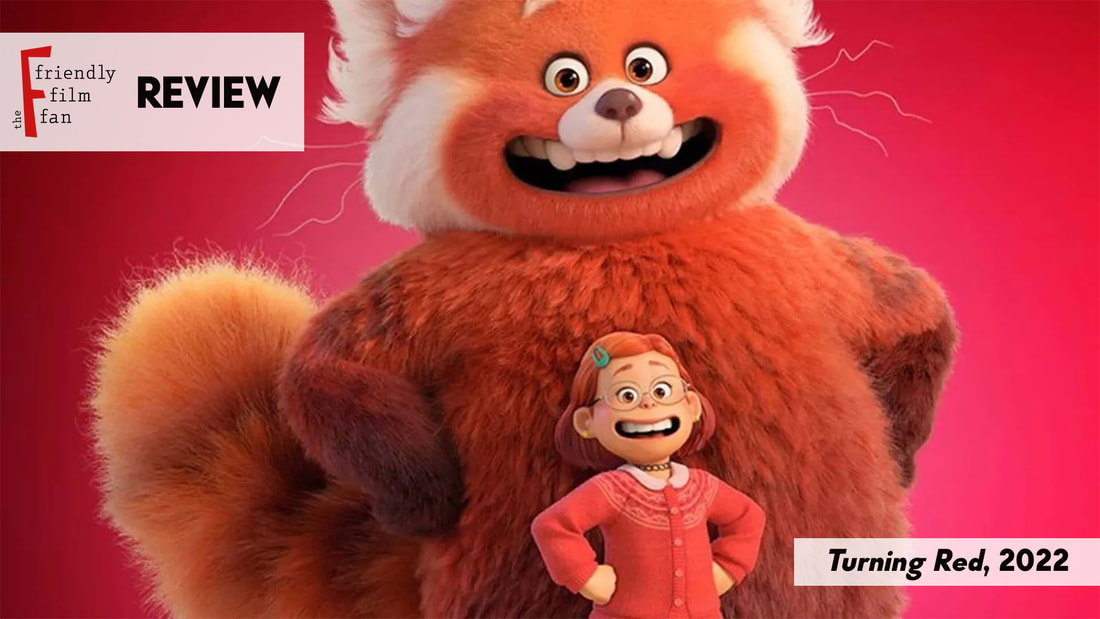 Back in December of 2020, as Disney and Pixar’s latest animated feature Soul debuted on the streaming service Disney+ (with no theatrical release), the world was introduced to a new normal of which we were blissfully unaware. One more Pixar streaming release and nearly a year and a half later, the latest effort from the animation studio, Turning Red, has debuted on the service – as Soul and Luca before it – sans a theatrical showing. Whether this is fair of Disney to do or whether it’s fair that CEO Bob Chapeck only seems interested in pushing funding towards projects exclusively owned and operated by the parent company while others like 20th Century, Searchlight, or even Pixar get the short stick is a discussion for another time, but it must be said up front that Turning Red deserved a theatrical release. Now, onto the actual review. There are moments when Turning Red feels as though it might transform into something brilliantly subversive, and many times, it’s a hair away from doing so. The main character often bucks from tradition, sneaks out of the home, refuses to heed her mother’s wishes, and generally rebels almost the entire runtime, and the movie not only posits this as a good thing, but something essential to a child’s development as they grow in their independence, especially if their trajectory is distinctly non-traditional. In theory, Turning Red should be one of the most underrated Pixar movies to ever grace a streaming platform. Unfortunately, the execution of those ideas is a little undercut by the fact that this is…well, a kid’s movie. Animation style and any gripes or defenses of it aside, Domee Shi’s first entrant in the Pixar canon has all the ambition it needs to truly cut through some of Disney’s toughest material: parental disapproval and broken parent-child relationships. To its credit, the film doesn’t completely fix the relationship between Rosalie Chiang’s Meilin Lee (a.k.a. Mei Mei) and Sandra Oh’s Ming (Mei’s mother) by its end, but it also doesn’t really make a definitive statement on Mei’s eventual place in the story. We know how we’re supposed to read into whatever’s going on, but it just seems as though the film could have taken 30 minutes getting there instead of nearly two hours, and much of that is due to the story’s lack of focus. When Mei is at school with her friends or interacting with her mother, the movie’s cooking well, and one can tell there’s a lot more meat on the bones than previously thought, but then the moment would come when that meat is meant to be revealed, and it’s just…kind of there. The film’s attempts at comedy work for what the movie needs, but still largely fall flat, and while many of the metaphors and what the story is meant to be saying work in thought, they feel sloppy in practice. Perhaps the sloppiness is partially intent, partially happenstance, but nevertheless, messiness in story is one thing and messiness in storytelling is another entirely. Most of this can be attributed to the fact that Mei’s friend characters aren’t that interesting or three-dimensional (Mei herself feels largely two-dimensional most of the time), but it becomes most obvious when the rest of the family is brought into the fold. Mei’s father is not a character; he’s a mouthpiece for the movie to bounce jokes and character development off of, but we neve actually get to see him develop at all. He’s always around, but never engaged, always in the home scenes, but almost never necessary. His one big moment with Meilin pokes at a sensitivity most animated dads take entire movies to grow into, but the movie doesn’t seem interested in him as anything but a chess piece, a way to move everything else to where it can go while he just stays put where he is on the board. In fact, pretty much any male character in the movie is a one-dimensional piece of cardboard for the movie to use in pretty much every way except advancing the plot or bringing nuance to the story. That’s not to say that the men should dominate the story more – this is very much a story geared towards and for young girls – but it sort of felt as if they were just dropped into a story in which they didn’t really have a place. Where I will give Turning Red its largest line of credit is in how it tackles female pre-pubescence specifically as something that’s awkward, gross, uncomfortable – as all pre-pubescence is – but also entirely and unequivocally normal. The film references periods in no uncertain terms, and I can’t remember the last time an animated movie had the sense to talk about menstruation with anything except cringey embarrassment at even touching the subject. It may seem like a quietly revolutionary thing for an animated film to do so explicitly, but it’s greatest contribution is how non-revolutionary it feels. One notices the jokes around it and the natural embarrassment a child feels going through it for the first time, but the film doesn’t use these as a way to shun or put down the event of having a period; in fact, Mei’s mother goes out of her way to help her daughter get through her “red bloom” (though obviously the movie is dealing with something else entirely in that moment). There are many other thing the movie does well – the animation looks great, the editing is sometimes ridiculously whimsical, it’s not a slog to sit through, there are fun gags and side characters, and there’s stadium scene that’s really neatly executed – but they’re all things Pixar has always done well, so this stood out as something uniquely praiseworthy. Simply put, Turning Red may present itself as something truly of a kind with its peers, and to some it will be – which is a good thing – but by and large, it feels like Pixar on cruise control, just cycling through the motions until the next Pete Doctor project can show everyone how it’s really done. Maybe Pixar needed to be on cruise control for audiences to see just how much pressure is put on them for quality filmmaking at a level most people don’t expect from live-action projects out of more scrutinized studios. I will still fight for films like this and for their theatrical releases, regardless of whether I believe them to be as good as they have the potential to be or not; but cruise control still won’t win any races, and Pixar is starting to fall behind. I’m giving “Turning Red” a 7.1/10. |
AuthorFilm critic in my free time. Film enthusiast in my down time. Categories
All
|
